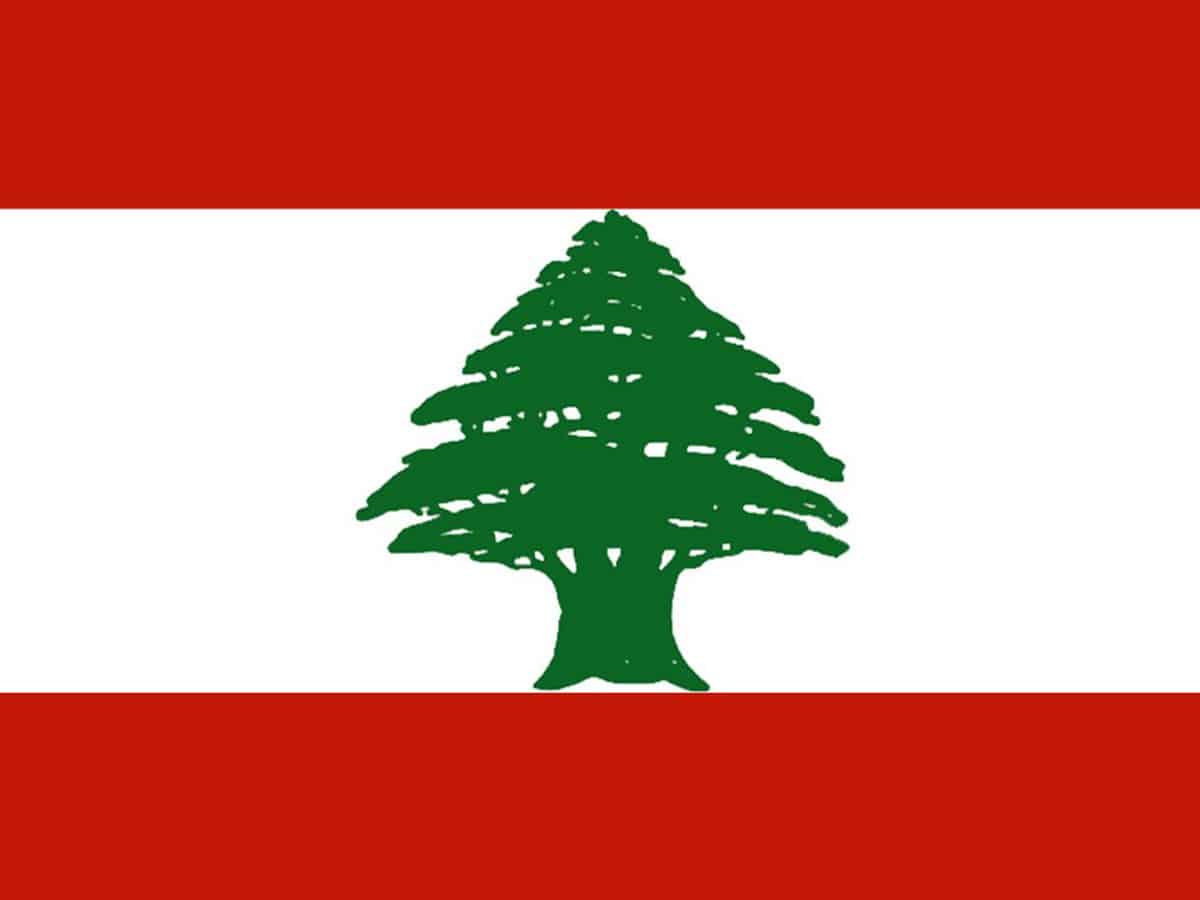Naqoura: Lebanon and Israel began indirect talks Wednesday over their disputed maritime border, with American officials mediating the talks that both sides insist are purely technical and not a sign of any normalization of ties.
The US has been mediating the issue for about a decade, but only earlier this month was a breakthrough reached on an agreement for a framework for US-mediated talks.
The development comes against the backdrop of Lebanon’s spiraling economic crisis, the worst in its modern history, and following a wave of US sanctions that recently included two influential former Cabinet ministers allied with the militant Hezbollah group.
Israel, the United States, as well as some other Western and Arab countries consider the Iran-allied Hezbollah a terrorist organization.
Beirut hopes that oil and gas discoveries in its territorial waters will help it overcome the crisis and pay back its massive debt that stands at 170 percent of the GDP, making it one of the highest in the world.
Israel already has developed a natural gas industry elsewhere in its economic waters, producing enough gas for domestic consumption and to export to neighboring Egypt and Jordan.
The US-mediated talks began at a UN post along the border known as Ras Naqoura on the edge of the Lebanese border town of Naqoura.
The Lebanese delegation will speak through UN and US officials to the Israelis.
The meeting took place in an outdoor camp setting because of the coronavirus.
Lebanon and Israel have been hit hard by the virus, and both have reported thousands of new cases in recent days.
Lebanon’s state news agency said the first session ended around noon and that the next session will be held on Oct. 28.
Israel and Lebanon have no diplomatic relations and are technically in a state of war. They each claim about 860 square kilometers (330 square miles) of the Mediterranean Sea as being within their exclusive economic zones.
Wednesday’s meeting “is the first step of a thousand-mile journey,” said the head of the Lebanese delegation, Brig. Gen. Bassam Yassin, in comments during the meeting, according to a text released by the Lebanese army.
Yassin said Beirut hopes that the talks will be concluded within a reasonable period, adding that the negotiations will be based on international law, the 1949 Lebanon Israel Armistice Agreement, and the 1923 Paulet Newcombe Agreement between France and Britain that drew the boundaries between the British mandate of Palestine and the French mandate of Lebanon.
A senior official with Israel’s energy ministry said: We have no illusions. Our aim is not to create here some kind of normalization or some kind of peace process.
The official spoke on condition of anonymity because they were not authorized to speak to the media.
Our aim is very strict and limited and therefore hopefully achievable, they added.
Lebanon’s outgoing Foreign Minister Charbel Wehbi said Lebanese negotiators will be more fierce than they expect because we have nothing to lose.
He added that if Lebanon’s economy collapses, there is no interest in making concessions. It is unclear how long the talks will last but Lebanon began offshore drilling earlier this year and hopes to start drilling for gas in the disputed area in the coming months.
Lebanon has divided its expanse of waters into 10 blocs, of which three are in the area under dispute with Israel.
US Assistant Secretary of State for Near Eastern Affairs David Schenker, the top American diplomat for the Middle East, arrived in Lebanon on Tuesday afternoon to attend the opening session of the talks.

